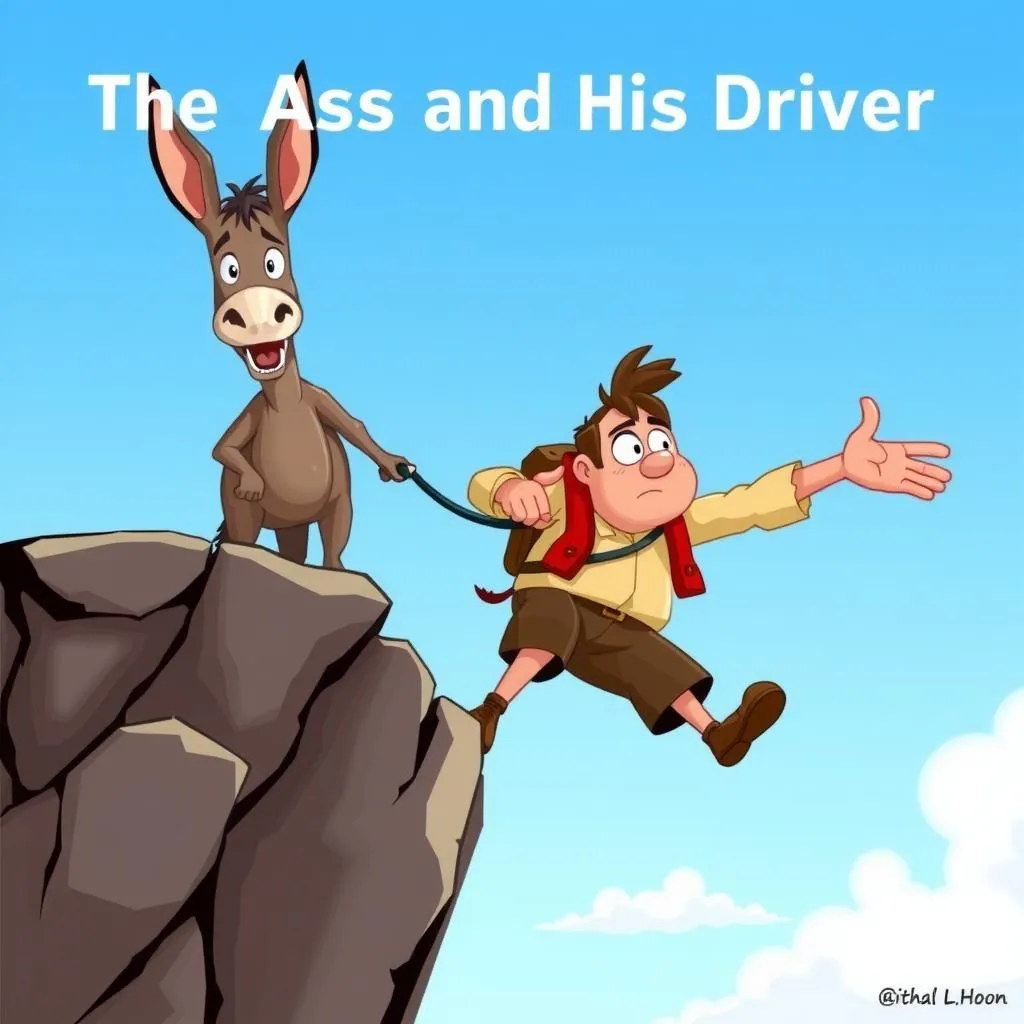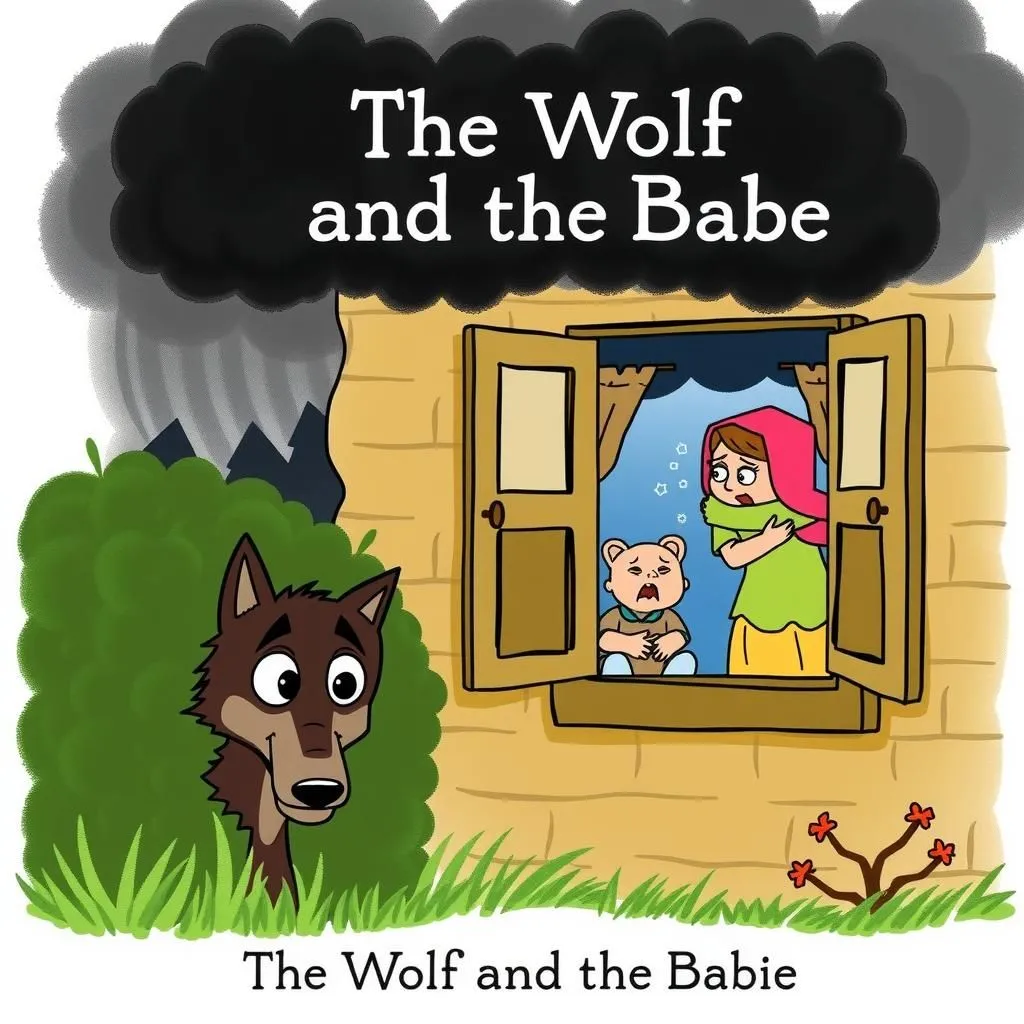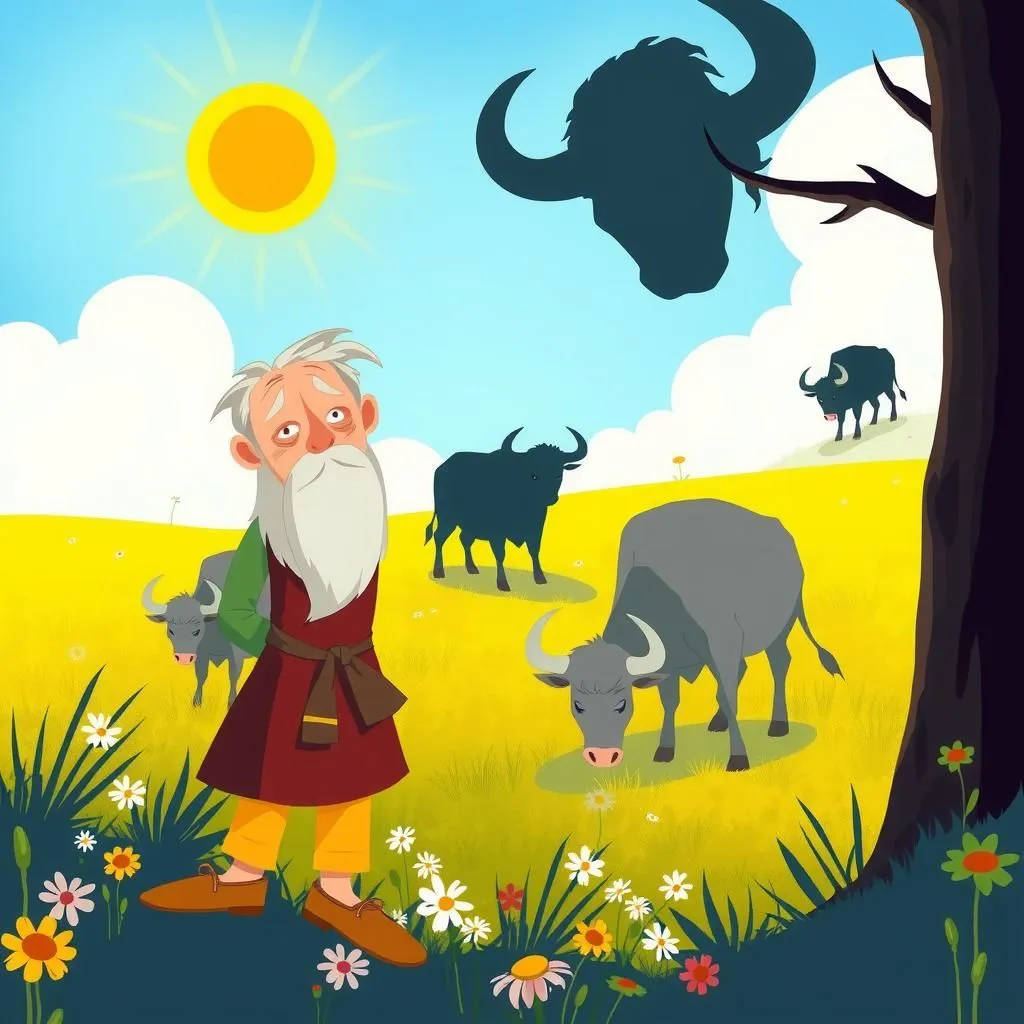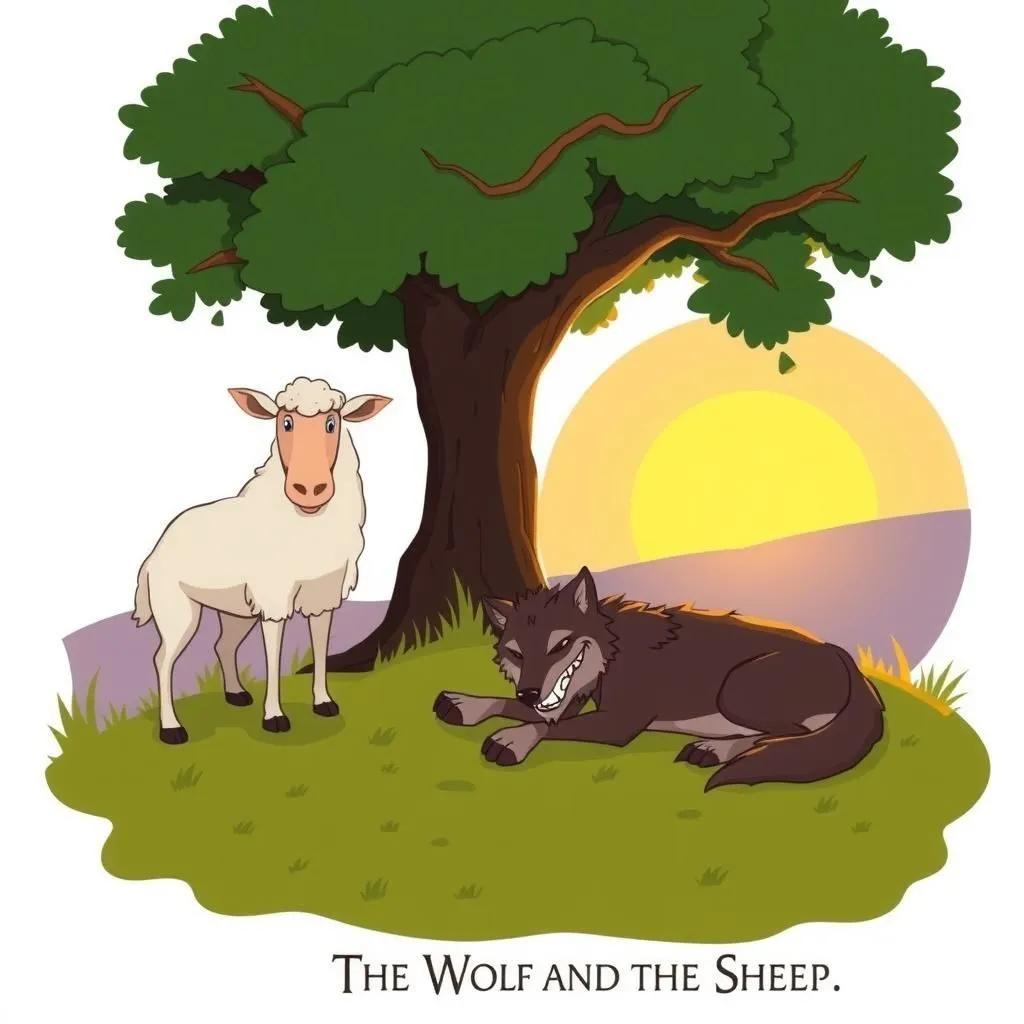
The Ass and His Driver
In "The Ass and His Driver," a stubborn donkey bolts toward a precipice, prompting its owner to intervene. Despite his efforts, the donkey's obstinacy leads the owner to let go, warning that the donkey will face the consequences of its choices. This concise moral story highlights how willful individuals often pursue their own paths, regardless of the risks, making it a thought-provoking quick read with a clear moral lesson.


